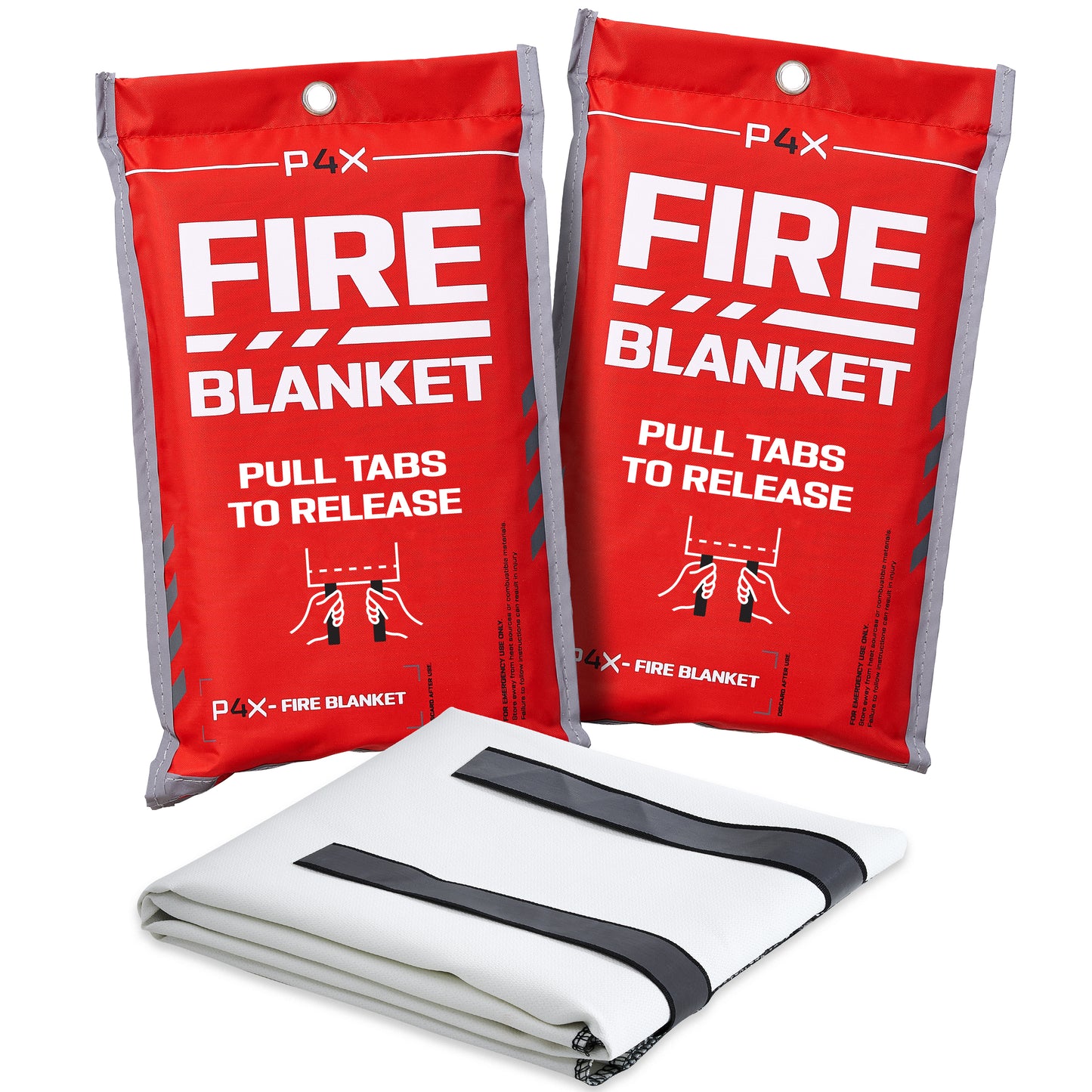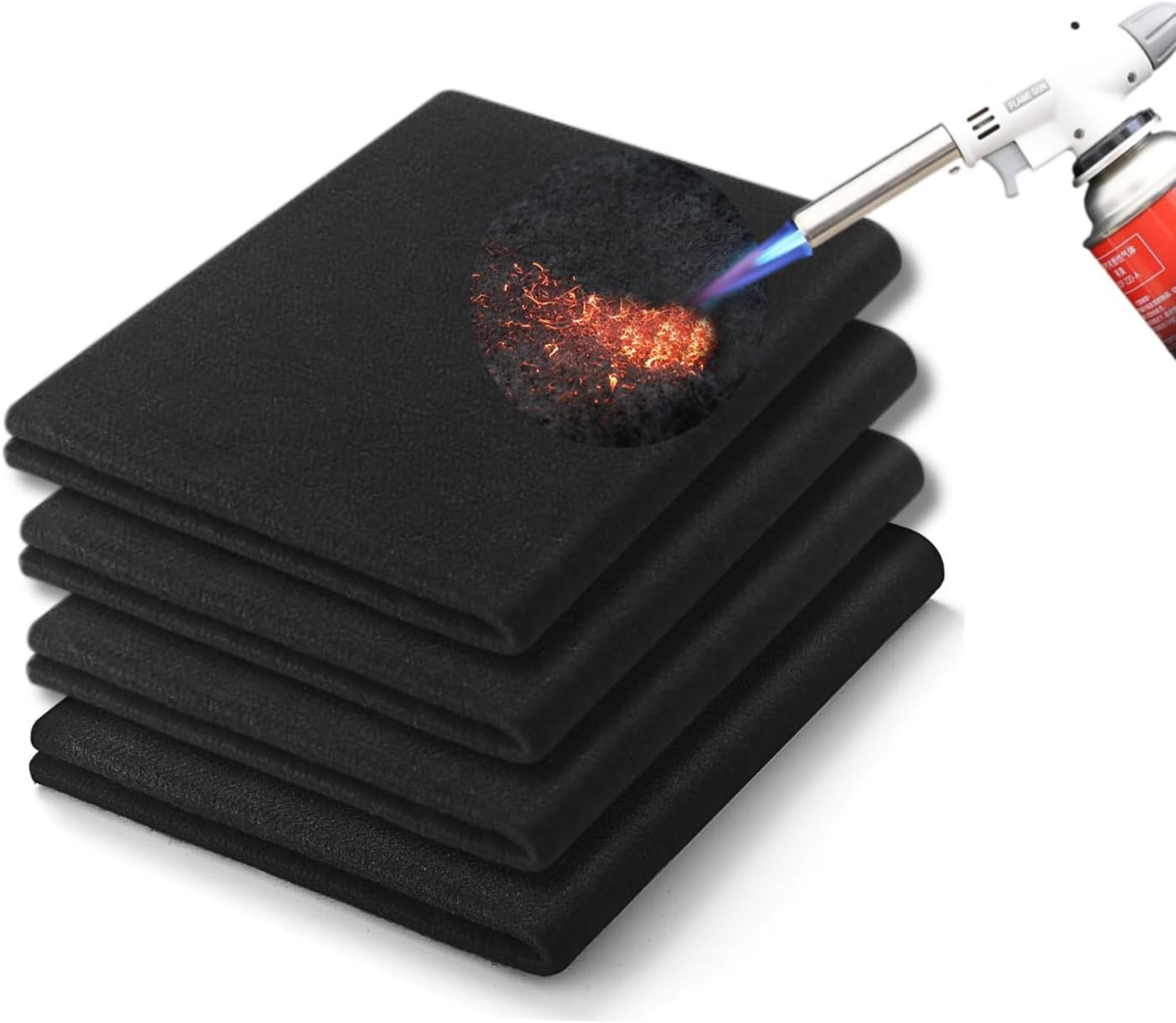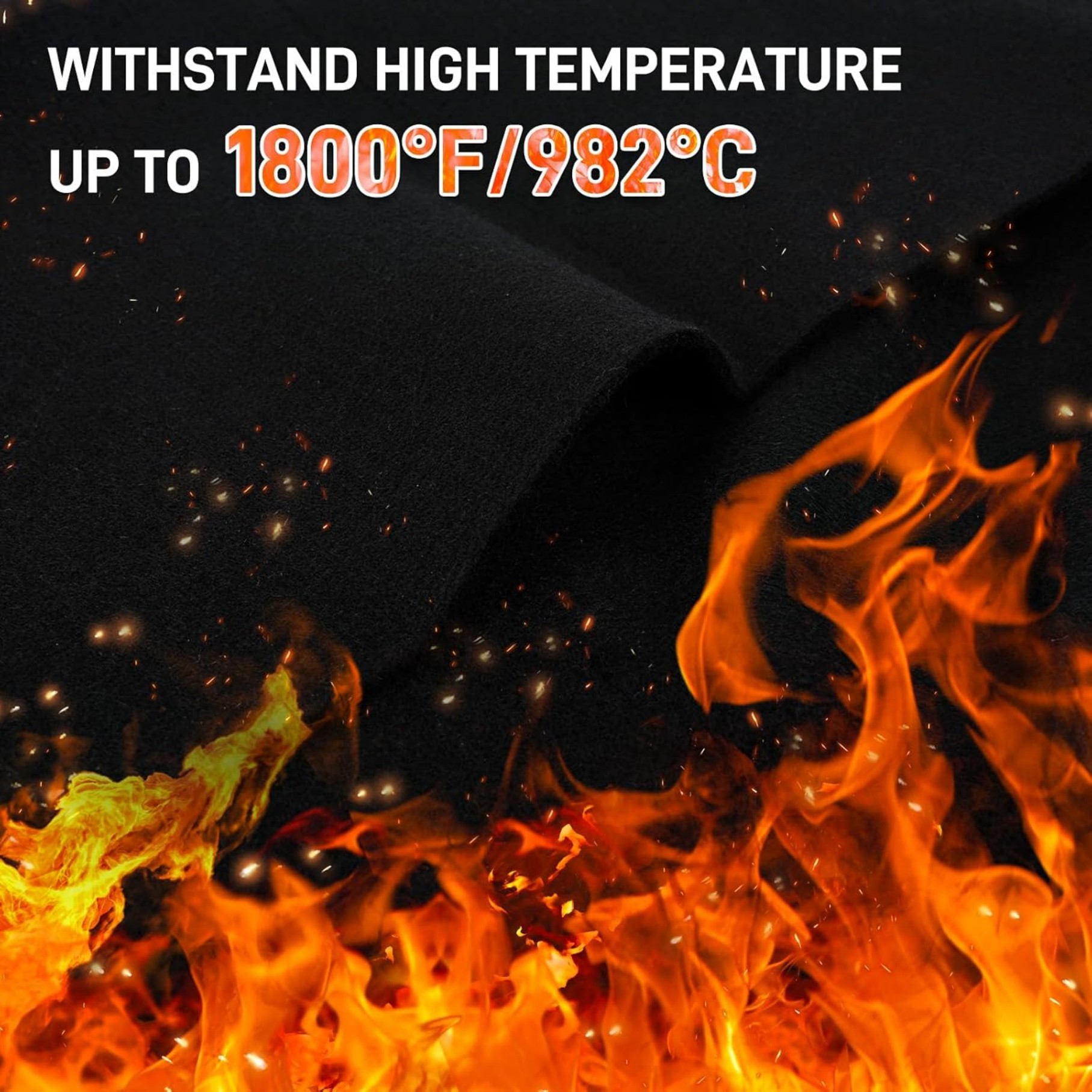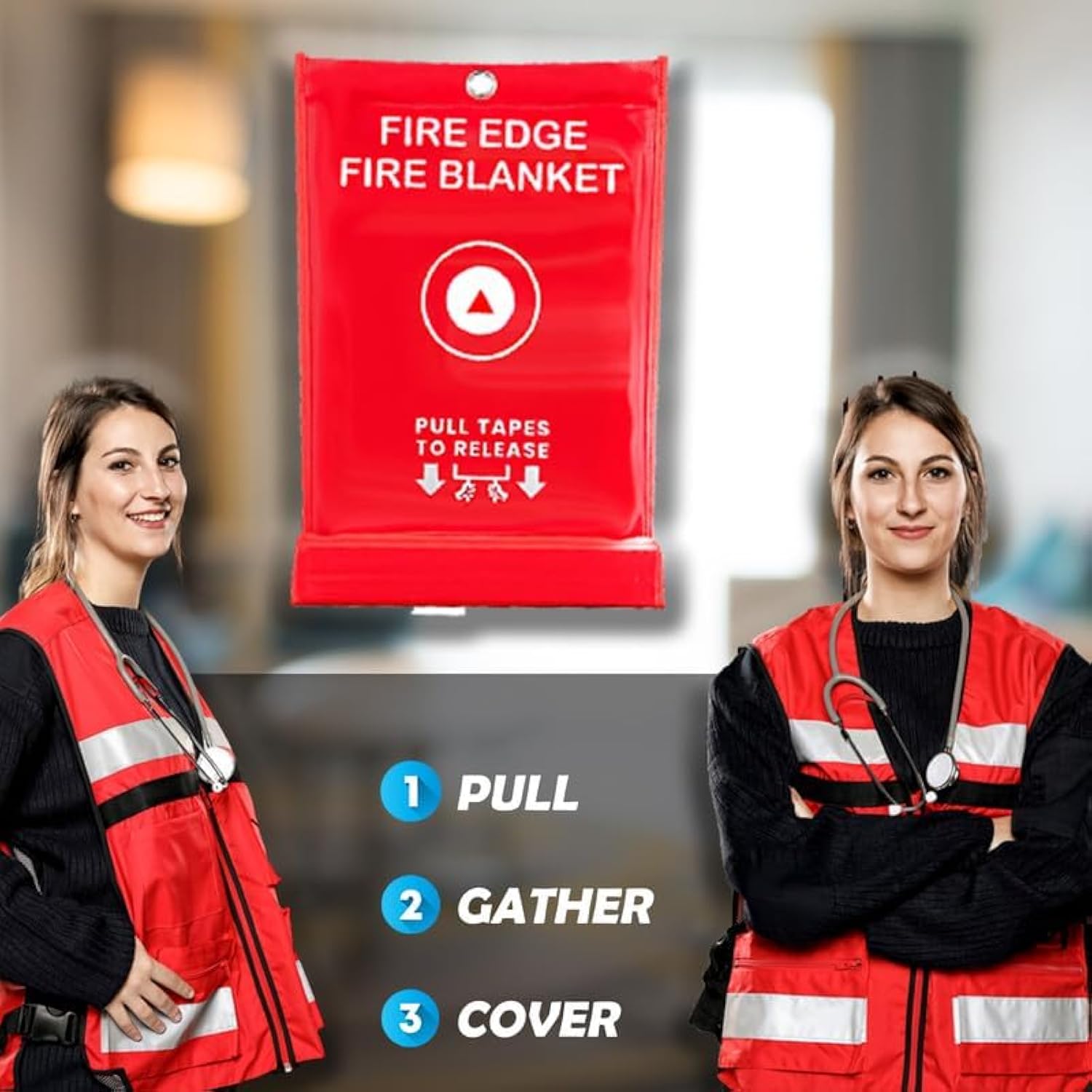Fire Protection Fire Blanket: Essential Safety Guide for Home & Workplace
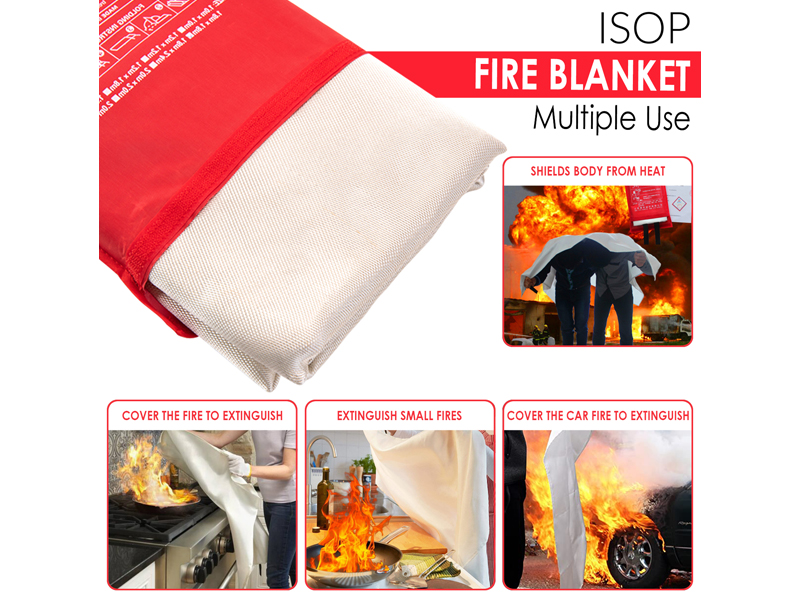
Fire protection fire blankets are vital safety tools that smother small fires. This guide explains how they work, when to use them, proper selection, and maintenance tips to ensure your safety in emergencies.
What Is a Fire Protection Fire Blanket?
A fire protection fire blanket is a safety device made from flame-resistant materials designed to extinguish small fires by cutting off oxygen supply. Typically constructed from fiberglass or wool treated with fire-retardant chemicals, these blankets come in various sizes for different applications.
You'll find fire protection fire blankets in kitchens (for grease fires), laboratories, workshops, and industrial settings. They're particularly effective on Class B (flammable liquids) and Class F (cooking oils) fires, making them essential for any fire safety plan.
How Does a Fire Protection Fire Blanket Work?

The fire protection fire blanket operates on a simple principle: smothering. When placed over a fire, it:
- Cuts off oxygen supply to the flames
- Contains heat and prevents spreading
- Protects users from direct flame exposure
To use a fire protection fire blanket properly, pull it from its container by the tabs, hold it in front of you as protection, and gently place it over the fire. Leave it in place until completely cooled to prevent re-ignition.
When Should You Use a Fire Protection Fire Blanket?
Your fire protection fire blanket is ideal for:
- Small contained fires (pan fires, trash can fires)
- Grease or oil fires in kitchens
- Clothing fires (wrap the blanket around a person)
- Electrical fires (after power is turned off)
Never use a fire protection fire blanket on large, spreading fires or gas fires. In these cases, evacuate immediately and call emergency services.
Choosing the Right Fire Protection Fire Blanket
Consider these factors when selecting your fire protection fire blanket:
- Size:Standard sizes range from 1m×1m to 1.8m×1.8m. Larger blankets cover more area but require more storage space.
- Material:Fiberglass offers excellent heat resistance (up to 550°C/1000°F), while wool blankets are more flexible.
- Certification:Look for EN 1869 or equivalent standards to ensure quality.
- Mounting:Wall-mounted containers provide quick access in emergencies.
Maintenance and Care for Your Fire Protection Fire Blanket
To keep your fire protection fire blanket ready for emergencies:
- Store in an easily accessible location
- Check monthly for damage or contamination
- Replace if the blanket shows signs of wear or after use
- Keep the container clean and free from obstructions
Most manufacturers recommend replacing your fire protection fire blanket every 5-7 years, even if unused, as materials can degrade over time.
Fire Protection Fire Blanket vs. Fire Extinguisher
While both are essential, fire protection fire blankets offer advantages in certain situations:
| Feature | Fire Protection Fire Blanket | Fire Extinguisher |
|---|---|---|
| Best for | Small contained fires, grease fires | Larger fires, various fire types |
| Maintenance | Minimal, visual checks | Regular pressure checks, refills |
| Cleanup | Minimal mess | Requires cleanup after use |
| Training needed | Minimal | Some training recommended |
For complete protection, equip your space with both a fire protection fire blanket and appropriate fire extinguishers.
Where to Install Your Fire Protection Fire Blanket
Strategic placement of your fire protection fire blanket ensures quick access during emergencies:
- Kitchens: Near cooking areas but not directly above stoves
- Workshops: Near potential fire sources like welding stations
- Garages: Accessible from multiple points
- Offices: Near electrical equipment clusters
Mount your fire protection fire blanket container at eye level (about 1.5m from the floor) with clear visibility and signage.
Conclusion
A fire protection fire blanket is an essential, easy-to-use safety tool for homes and workplaces. By understanding its proper use, maintenance, and placement, you significantly improve your fire safety preparedness. Remember to practice using your blanket and review fire safety procedures regularly with all household members or employees.


